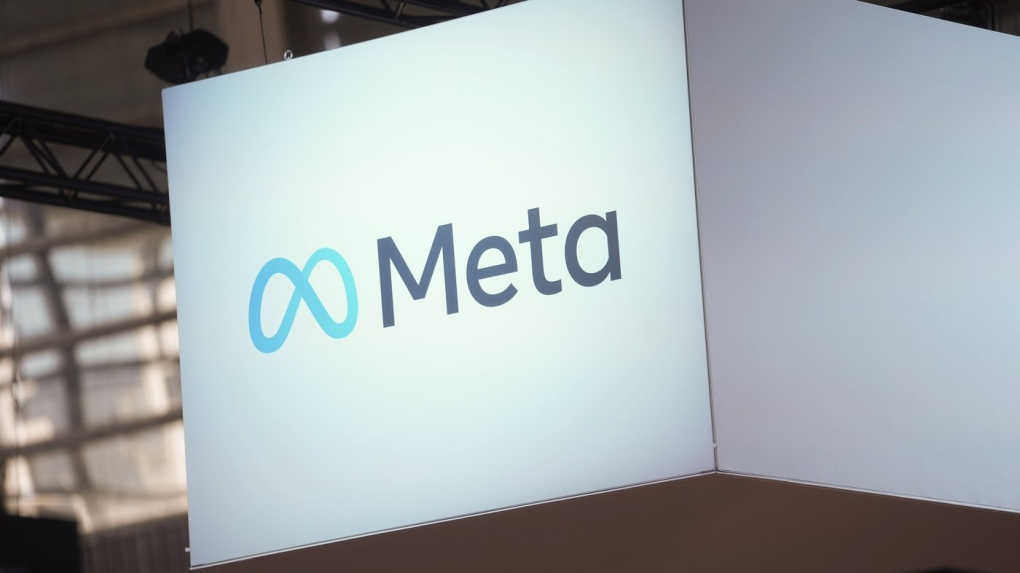
Meta is proposing to resolve a class-action lawsuit regarding the utilization of certain images in Facebook advertising by offering a settlement of $51 million. The Meta logo was observed at the Vivatech show in Paris, France on June 14, 2023. (Photo credit: Thibault Camus, THE CANADIAN PRESS/AP)
In a landmark move, Meta, the parent company of Facebook, has proposed a substantial $51 million settlement in response to a class-action lawsuit filed by Canadians over the social media giant's "Sponsored Stories" advertising program. The program, which ran from 2011 to 2014, utilized individuals' names and photos without their explicit consent, raising concerns about privacy violations.
Representing the plaintiffs, Christopher Rhone, a partner at Vancouver law firm Branch MacMaster, emphasized the significance of Meta's proposed settlement as a message to other companies about respecting Canadian privacy laws. Rhone underscored the need for large social media companies, often headquartered outside Canada, to familiarize themselves with the country's legal landscape and prioritize the privacy rights of residents before conducting business.
The class-action lawsuit, initially filed by a British Columbia woman, expanded its scope in 2019 to include residents of Saskatchewan, Manitoba, and Newfoundland and Labrador. The legal dispute centred around the "Sponsored Stories" program, where Facebook would create news feed endorsements using users' names and profile photos without informing them.
MNP Ltd., the court-appointed administrator overseeing the settlement, explained that the $51 million would be paid by Facebook to achieve a comprehensive resolution of all claims in the class-action lawsuit. The proposed settlement awaits approval from a B.C. Supreme Court judge in March, along with a process to determine the distribution of funds among class members.
Despite Meta not admitting liability in the settlement, Rhone asserted that the substantial amount conveys a robust message about safeguarding the rights of Canadians. The legal battle, extending to the Supreme Court of Canada, faced a 2017 ruling allowing Facebook to be sued in B.C. courts. In 2022, a B.C. Supreme Court judge found that class members had not given explicit or implied consent to Facebook's use of their likenesses in "Sponsored Stories."
The prolonged case also involved an appeal by Meta regarding liability, although a ruling was not disclosed before the settlement agreement. Notably, Meta concluded a $725-million settlement with American Facebook users in the previous year over privacy concerns linked to the Cambridge Analytica scandal.
Lawyers estimate that approximately 4.3 million individuals could be eligible for a share of the Canadian settlement. MNP clarified that class members do not need to take immediate action, and the compensation process will be announced post-settlement approval.
Christopher Rhone suggested the creation of an online form for individuals to confirm their residency in the specified provinces and Facebook membership during the "Sponsored Stories" period. As there is no existing database listing individuals used in the ads, Rhone presumed that most active Facebook users during that timeframe might have been featured in a sponsored story.
Interested parties have until March 11 to object to the proposed settlement, marking a crucial deadline in this protracted legal saga.















